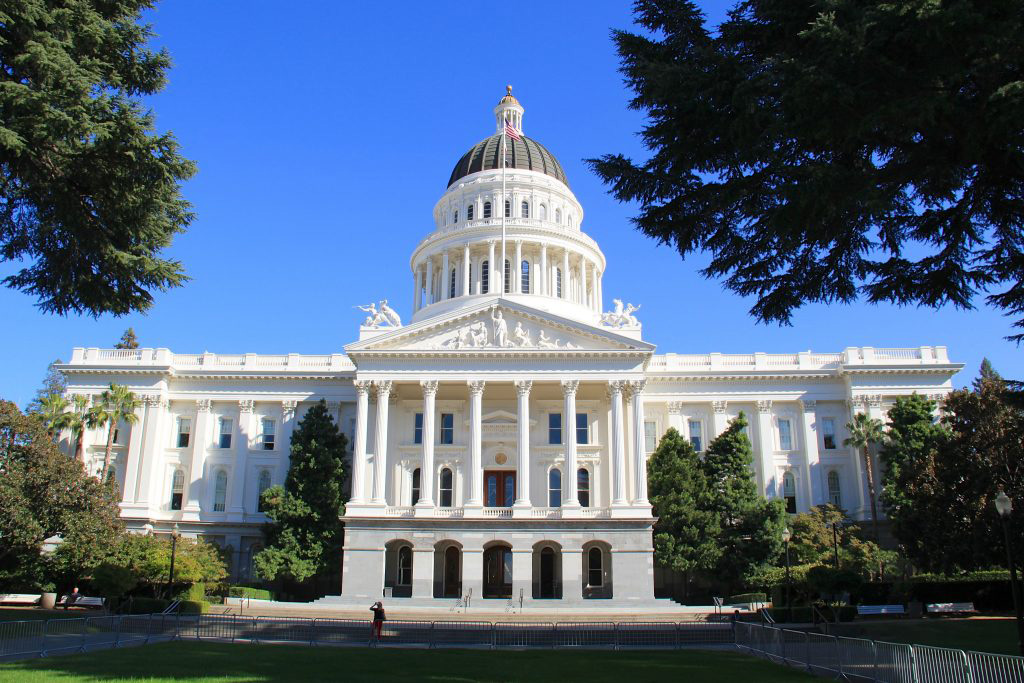Stuart Key: Single-payer health care bill unrealistic, will face financial challenges

California Senate Bill 562 has the right idea in trying to create a single-payer health care system for the state. However, the bill tries to accomplish too much and needs to be more realistic. (Creative Commons photo by David Fulmer via flickr)
By Stuart Key
May 16, 2017 11:40 p.m.
California has a new health trend, but it’s more complicated than just eating a lot of kale.
California lawmakers reacted to the possible repeal of former President Barack Obama’s health care law, the Affordable Care Act, in February by introducing Senate Bill 562, a single-payer health care system to ensure coverage for every Californian. The bill promises a lot, with comprehensive coverage that includes preventive care, mental health services, dental care, vision care and even acupuncture.
Millions of Californians have insurance thanks to the ACA, which became law in 2010 despite Republican opposition in Congress. But now that there is a Republican majority, this bill could be repealed and replaced with President Donald Trump’s poorly planned bill, the American Health Care Act of 2017.
The Congressional Budget Office’s nonpartisan analysis of a previous iteration of AHCA estimated up to 24 million Americans would lose health insurance. It’s not hard to see the same kind of detrimental effects with any version of the bill that passes, considering every Republican plan will seemingly save money at the expense of health coverage.
SB 562 has potential. If Congress repeals the ACA, millions of Californians will need some sort of state attention, or otherwise face debt because they can’t afford insurance.
But SB 562 is complicated and plagued by questions about funding. Gov. Jerry Brown is even on record asking, “Where do you get the extra money?” The bill’s text is vague on the issue, claiming the money will come from “broad-based revenue.”
With a task as monumental as providing health coverage for all of California, a solid, viable plan is essential. SB 562 promises high degrees of coverage, but does not provide enough financial support for its goals. The state should guarantee free, basic coverage before it graduates to SB 562’s idealistic plan.
The bill’s details imply most of the money will come from federal dollars meant for Medicare and health care subsidies. The federal government can grant permission for this as long as the state maintains standards of care. However, AHCA would make substantial cuts to this funding.
Another possible source of money is the potential savings of a single-payer system, which can cut insurance companies and large swathes of health care administration out of the picture. Additionally, a single-payer system can negotiate for cheaper pharmaceutical supplies much more easily than the current private model. While this is a large potential source of income, it’s still unclear exactly how much money would actually be saved.
Mark Kaplan, a professor of social welfare at the UCLA Luskin School of Public Affairs, believes California’s experiment with single-payer health care is a bad idea.
“I have been concerned about the idea of going at it alone,” Kaplan said. “States are great laboratories, but there are limits to that.”
Kaplan worries about the possibility of people from other states moving to California for free health care. Increased demand would only make the single-payer program cost even more. Kaplan does not believe the patchwork of state programs, like the one SB 562 would establish, would amount to a comprehensive system. Instead, based on international examples, he thinks national health care must be organized through a single unified system, and must use its power to cut out administration and reduce drug prices.
Although coverage is an extremely important issue, Kaplan does not think the state should make this commitment in response to Trump’s health care legislation. Although the consequences of a large-scale loss of health insurance are immense, health care is a complex issue. Fear shouldn’t be motivating significant changes, especially when the state has little prior experience administering health care.
Instead, the state should offer fewer health care guarantees with more basic coverage for emergencies and preventative care. The state can start by offering something like “Medicare for all”, with emphasis on preventative care and cutting administrative costs.
And the ACA may not even be repealed. “I don’t see repeal and replace having that much traction. The ACA is still alive,” Kaplan said. If that is the case, SB 562 still has some merit in increasing care provided, but hopes to achieve too much.
Health care in America has a complicated and expensive history. The ACA improved things dramatically, and California used federal funds especially well to extend coverage by millions. The real possibility that this might be reversed is something to worry about. However, the system SB 562 proposes is not a reasonable response. It is too ambitious, and a lack of funding would leave it as an undersupplied failure.
The lack of availability and affordability of health care is an important issue, and the state government should take steps to address it. While SB 562 might not be the best answer, the hope for universal coverage is still achievable. Just not like this.


